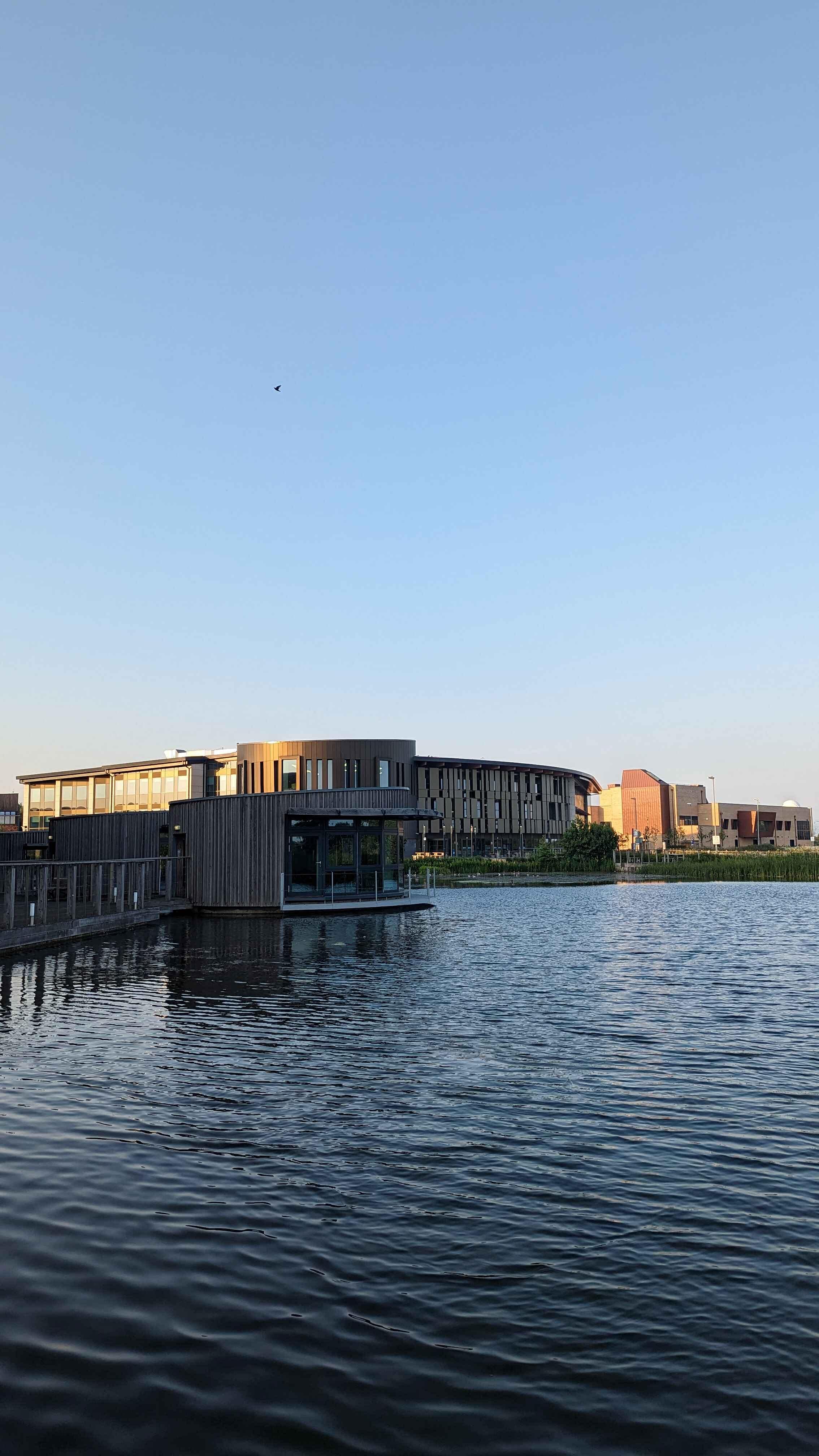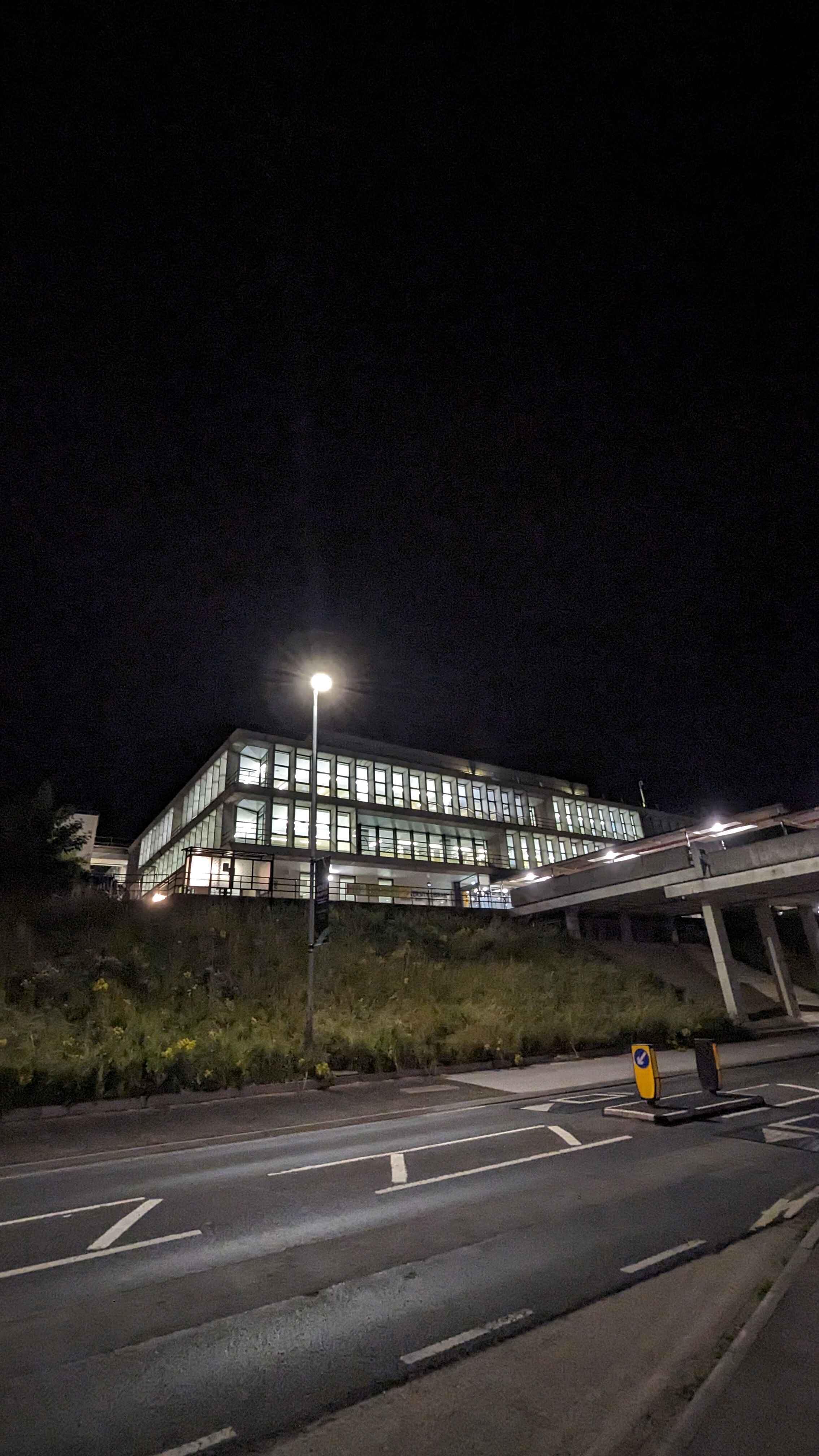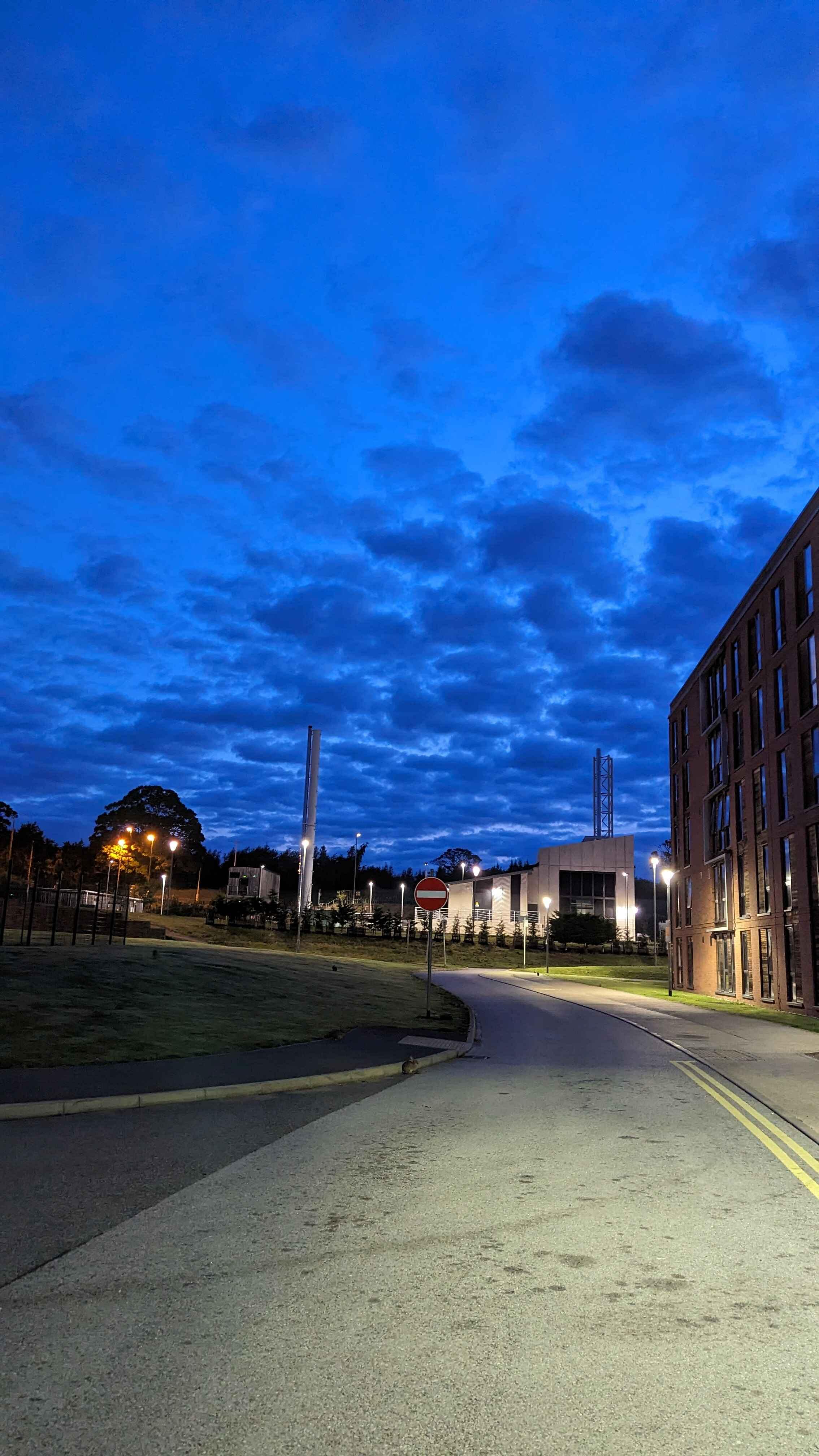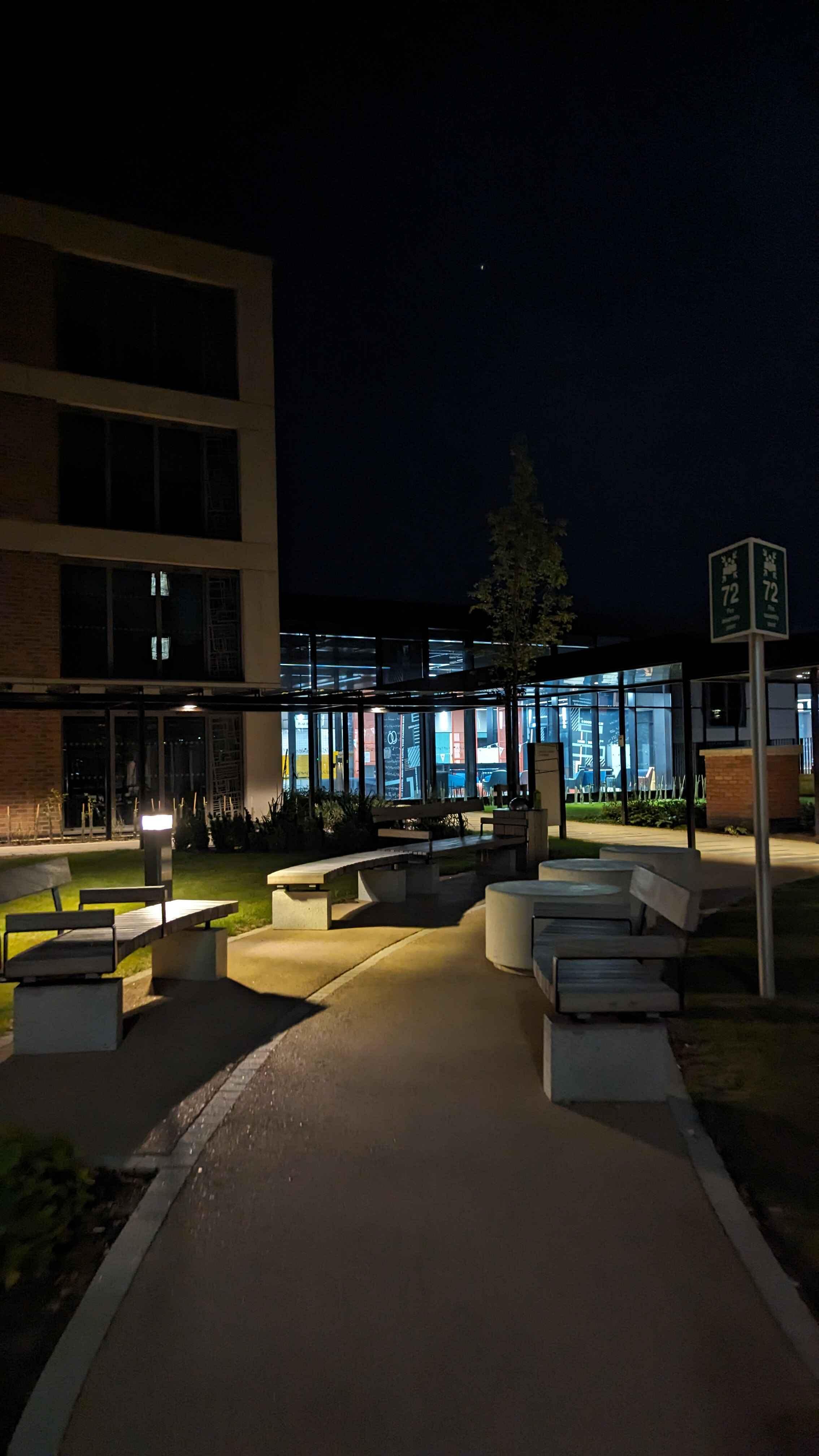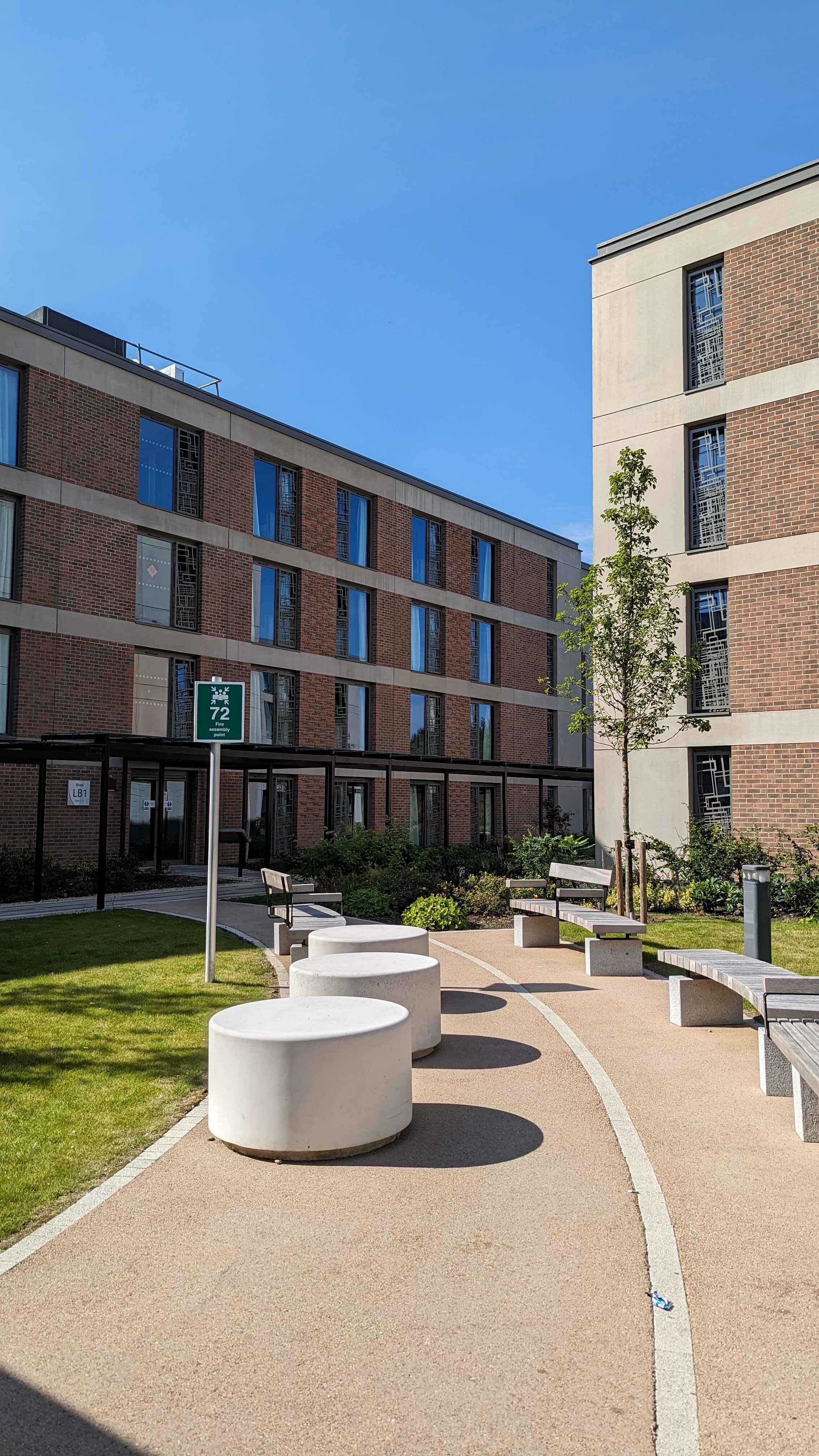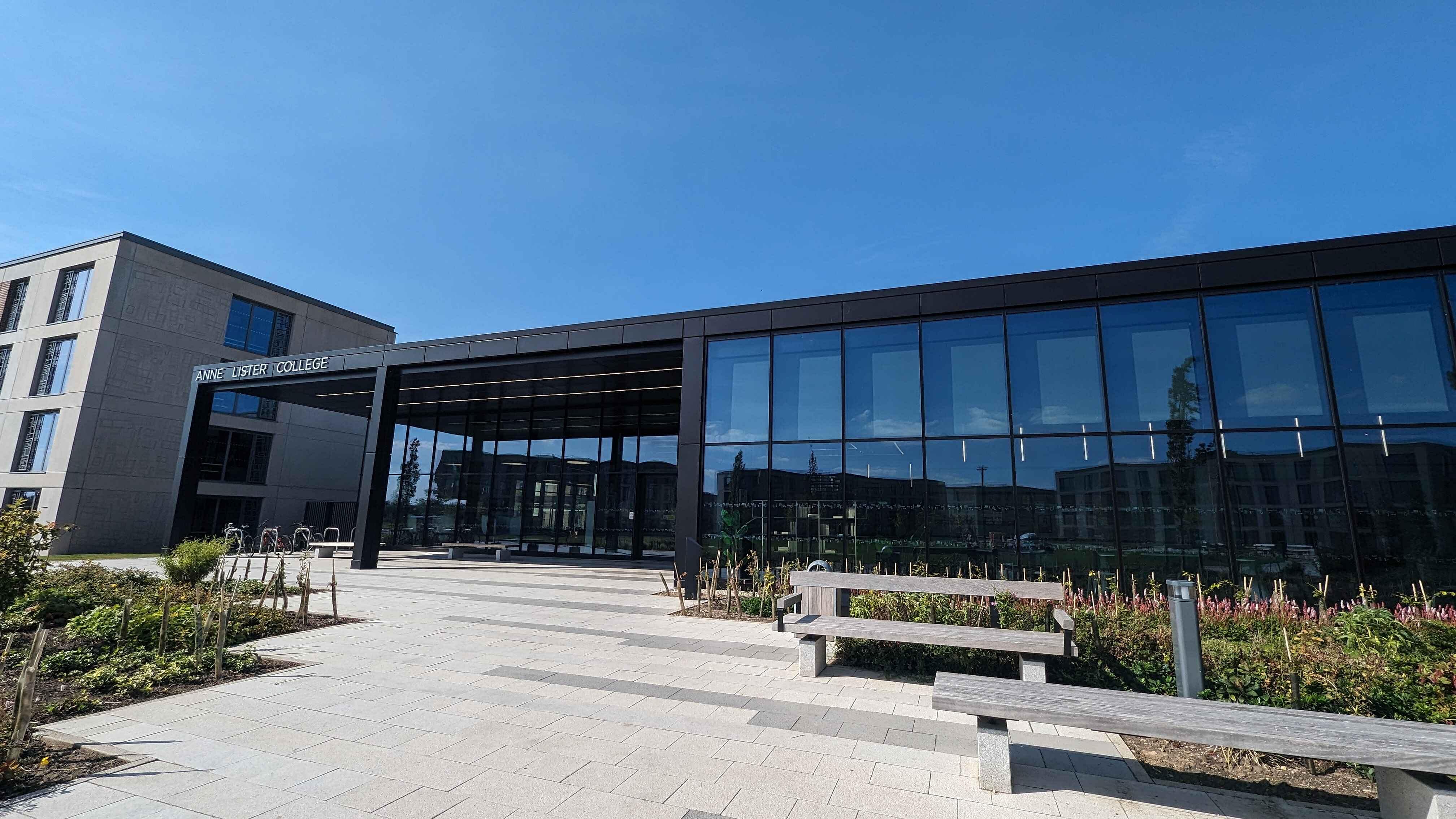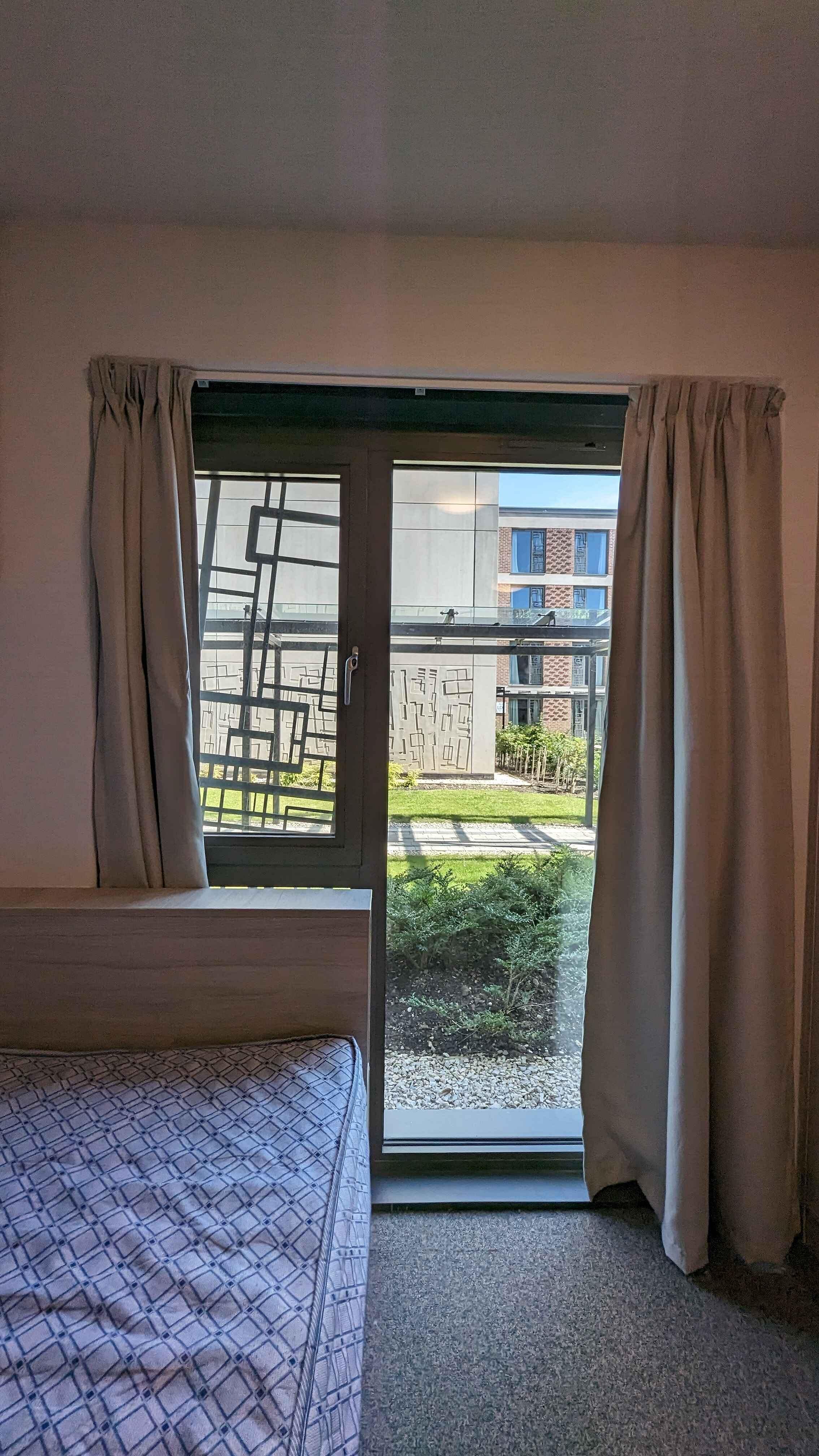What Students Say
Likes
- My course had some well known professors in the industry.
- There are multiple places in buildings here you can study apart from library, you can book a group study rooms as well.
- Really nice rooms in college accommodation.
Dislikes
- Course was highly research based, over practical based.
- Sports/Gym membership wasn't free and had really expensive fee.
- some if the rooms had electrical heaters and hardly maintained the temperature.
Course Curriculum
- It was not very tough, based on assessments but usually Indians have a hard time understanding the teaching method, especially referencing and plagiarism, which sometimes cause them to fail.
- Positive aspect: The course was gaming-centric and a very popular course of the university, with well-known professors and facilities available.
- Negative aspect: very research-based because of it being a Russell Group.
- In a day there are maximum 3 classes, earliest being around 9, but as late as 4:30, 60% were Indians.
Admission Experience
-
I applied in 7-8 colleges, received acceptance from 3, and was waitlisted in 1.
I was accepted at the University of York and the University of Brighton.
Rejection: Nottingham, City University of London, Kingston University. I believe I needed a more relevant bachelor's degree with better grades and more relevant experience to get offers but I was happy with my choice in the end. -
I accepted York because of the well-known professor in the industry and it being a Russell Group.
It was a straight-forward application online; I did it myself with a small statement of purpose. I received an offer in 45 days, which was unconditional. After I accepted the offer, I had to wait a couple of months to get the CAS for validation of acceptance and the visa process.
I already had IELTS, the requirement being a minimum of 7. They also accept TOEFL. Also, if your medium of study was English, you don't require any exams and instead get a letter from undergrad university as a confirmation.
It was a very straightforward process, unlike in the USA, with very transparent websites and steps. The only annoying part was waiting for CAS, which took forever to come but rest assured, I did it all alone without any help. - I applied for the September intake; that was the only intake available for my course that I know of. I applied in February starting, received my acceptance on March 10 and had to wait a few months for my CAS letter, which came around June. Then you have to apply for accommodation if you are going to the university. You also have to get a health checkup done and biometrics.
Faculty
- The faculty-to-student ratio in your course is 1:40, if I remember right, much smaller in practical classes. No course content and teaching approach weren't sufficient in securing a job; you need relevant experience of 3-4 years to get the job in the field.
- No faculties don't help in securing the job but there are university career events or university portals to support you; additionally, CV help from the library, but nothing is enough for international students.
- Paul Cairns and Helen Petrie, very well known in the industry.
Campus Life
- There are a lot of events and festivals through the months and engaging activities every week, at least 2-3 times in your accommodation.
- There are three libraries; you can book rooms through the app.
- Sports facilities are there, but gyms and swimming need hefty fees. its not free, but you can play pool, table tennis, and basketball. There are a lot of clubs that you can be part of. I was a department rep and Scrutiny officer.
Part Time Jobs
-
No buddy, I know, Secured Teaching Assistant (TA), Research Assistant (RA), or Departmental Assistant (DA) positions
We had no option to do so; only PhD students had that opportunity, not us.
Other on-campus jobs available for students are in the on-campus restaurant or during events.
Maximum, you can work 20 hours per week
Its very difficult for masters student to work on campus, easier for undergraduate, - Mostly, you will earn 11–12 GBP per hour in hourly, part-time jobs. You can only work 20 hours a week, which is more than enough, but ideally you shouldn't work more than 15 hours with your studies. Securing a part-time job is really difficult as well. I was few of the lucky ones to end up in the right part-time job in a brand, but generally it is very difficult. I applied through different job portals and in the end, I ended up being in Tesco. It took me months to find a job, but its still not bad to get temporary jobs around Christmas.
Placement
- Hardly 2-3 people in my batch got jobs in the field they graduated in; most of them failed to find jobs because of the recession and harder laws in April 2024.
- Average salary range is 20-26.
- Usually they find jobs using LinkedIn, references, or Indeed, but again, its nearly impossible for international students. Only small companies hire international students, not the big brands, unless you have 3-4 years of experience in a big brand in your home country.
Accommodation
- I went for on-campus accommodation with an ensuite. I tried to find private accommodation but it was very hard to find in York. I contacted agents and tried entering a room and other similar apps but was futile.
- I ended up taking the band 3, AnneLister, a university accommodation, and I think it was the best with the most perfect lake view and cleaned room.
- I would suggest students always opt for university accommodation; they have amazing facilities, and you are more part of the university; you won't miss many classes due to rain or harsh weather. You will be more involved and can get free food at events.
Exams
- No exam is required if you study at an English-medium university in India; just a letter from the university stating the same or, if not, then IETS is the best choice.
- Documents required: Statement of Purpose, Birth Certificate translated in English, your bachelor's certificate, any experience certificates, CV, and Proof of English.
- No interview was necessary.
Fees
- The fee was 25 lakhs for the course and around 8.5 lakhs for accommodation and fees are charged semester-wise.
- Buses within the university are mostly free but monthly expenses cost around (apart from rent) 200-250 GBP for your food/groceries and little expenses like notebooks and pens or basics. I think 8 hours of part-time can cover your basics except rent.
Scholarship
- No, I didn't receive any scholarships but my friends did. 3-4 students received scholarships that I know, of around 5 lakhs-10 lakhs each. I did apply for it but didn't get it. I had to write an essay explaining my motivation for joining this university and the course chosen, and there were overall 5 questions.
- Chevening scholarships are the most possible ones. You have to keep an eye on the university website to avoid missing the final date.


